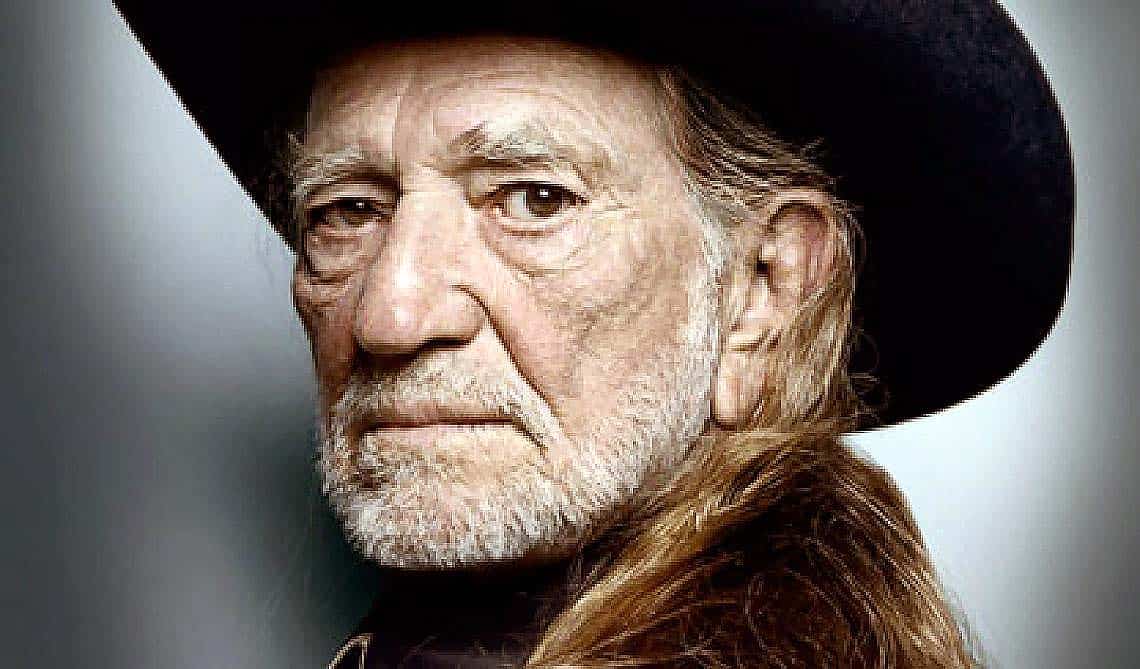TeaPot party
Willie Hugh Nelson (c1933-) is an American musician, singer, songwriter, author, poet, actor, and activist. The critical success of the album Shotgun Willie (1973), combined with the critical and commercial success of Red Headed Stranger (1975) and Stardust (1978), made Nelson one of the most recognized artists in country music. He was one of the leading figures of outlaw country, a subgenre of country music that developed in the late 1960s as a reaction to the conservative restrictions of the Nashville sound. Nelson has acted in over 30 films, co-authored several books, and has been an activist for the use of biofuels and the legalization of marijuana.
Nelson has worked for years fighting for marijuana legalization and is a co-chair of the National Organization for the Reform of Marijuana Laws (NORML) advisory board. After his arrest for possession of marijuana in 2010, Nelson created the TeaPot party under the motto “Tax it, regulate it and legalize it!”. Following the legalization of marijuana in different US states in 2015, Nelson announced the establishment of his marijuana brand, Willie’s Reserve. Also, in the US states where marijuana is legal, he is opening a chain of Willie’s Reserve stores.
In the summer of 1977, Nelson discovered that his manager, Reshen, had been filing tax extensions and not paying the Internal Revenue Service (IRS). In 1978, after he fired Reshen Nelson appointed accounting firm Price Waterhouse who recommended he invest in tax shelters. Unfortunately, the tax shelters ultimately flopped, and the IRS disallowed his deductions for 1980, 1981 and 1982 (at a time that Nelson’s income multiplied). After seizing most of his assets in 1990, the federal government forced Willie to pay over $16 million in back taxes and fines for his involvement with a bogus tax shelter. Later, Nelson’s attorney renegotiated a settlement with the IRS in which he paid $6 million. Nelson released The IRS Tapes: Who’ll Buy My Memories? as a double album, with all profits destined for the IRS. Many of his assets were auctioned and purchased by friends, who donated his possessions back to him. He sued Price Waterhouse, contending that they put his money in illegal tax shelters. Price Waterhouse settled the lawsuit for an undisclosed amount, and Nelson cleared his debts by 1993.

